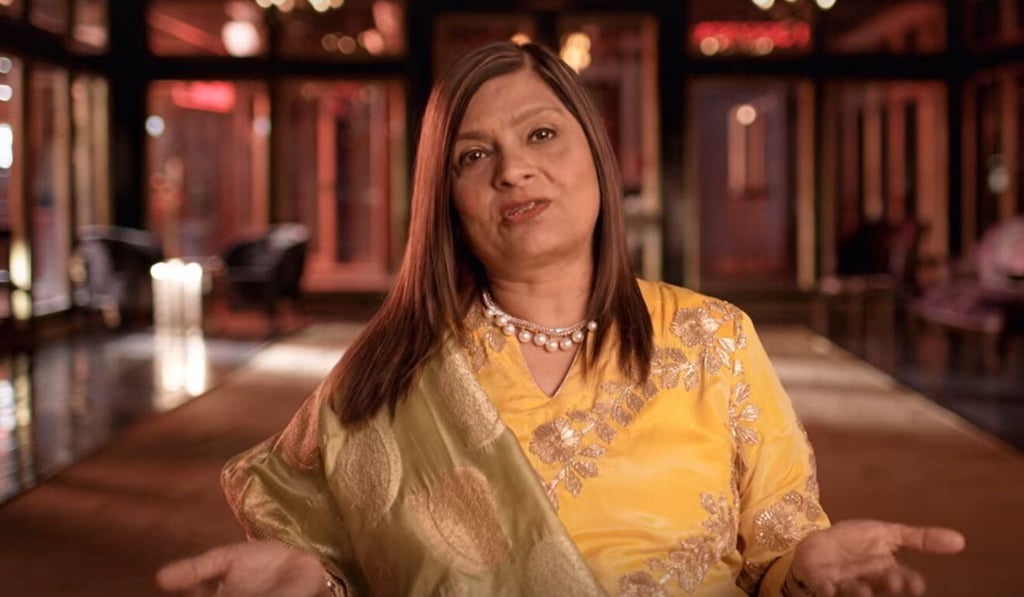New Netflix hit ‘Indian Matchmaking’ isn’t a hit with Indian matchmakers
- Some say it promotes false perceptions, paints the country in an anachronistic light and focuses too much on traditional, orthodox views
- Though for others the show holds a mirror up to the ugly side of arranged marriages – and there are fears it could be bad for business

Indian Matchmaking, which debuted earlier this month, touches on the centuries-old custom of arranged marriages and features Sima Taparia – the titular match arranger – roping in astrologers, face readers and marriage coaches to accomplish her mission.
Matchmakers like Taparia, who charge between 100,000 to 500,000 rupees (US$1,330 to US$8,000) for their services, are often called upon in India to help find suitable candidates for arranged marriages. Some families prefer to run advertisements in newspapers, however, or create profiles on so-called matrimonial sites – a marriage-focused variation on standard dating websites.

The new series that Taparia helms, while leaving some viewers wanting more, has been lambasted by others for its portrayal of caste, fair-skin obsession and misogyny.